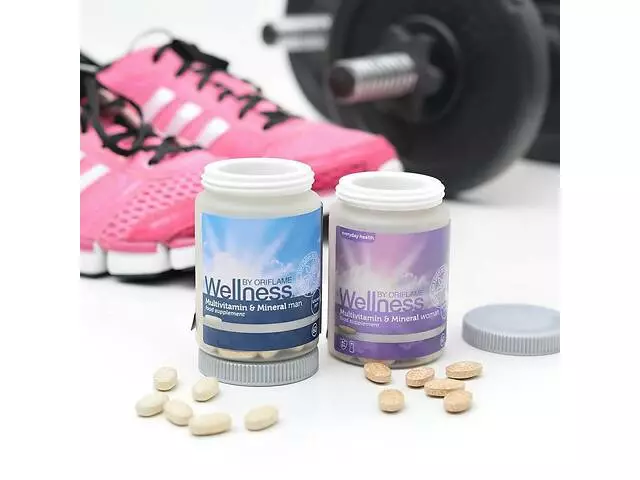Immune System: Simple, Practical Ways to Support Your Health
Your immune system is the body’s defense team. It fights bugs, heals cuts, and keeps tiny problems from becoming big ones. You don’t need exotic diets or expensive pills to help it—small daily habits make a real difference.
Practical ways to support your immune system
Sleep matters. Aim for consistent sleep every night. When you sleep well, your body makes cells and proteins that fight infection. If work or stress steals your sleep, try a short wind-down routine: dim lights, no screens 30 minutes before bed, and a fixed wake-up time.
Eat real food. Vegetables, fruits, whole grains, lean protein, and healthy fats give your immune system the building blocks it needs. Include vitamin-rich foods: citrus and berries for vitamin C, fatty fish and fortified milk for vitamin D, and lean meats or beans for protein and zinc. Whole foods beat random supplements most of the time.
Move your body. Regular moderate exercise—brisk walking, cycling, or swimming—improves circulation and immune function. You don’t need hours at the gym: 20–40 minutes most days helps. Avoid overtraining; too much intense exercise without rest can lower immunity.
Manage stress. Long-term stress raises inflammation and weakens immune responses. Simple tools—short walks, breathing exercises, talking to a friend, or a quick hobby break—can lower stress and help your immune system work better.
Practice sensible hygiene. Wash hands with soap after public places, cook foods to safe temperatures, and keep vaccinations up to date. Vaccines teach your immune system to recognize threats without making you sick—get the shots your doctor recommends.
Use supplements thoughtfully. Some people benefit from vitamin D in winter or if they have low blood levels. Zinc lozenges and vitamin C may help shorten a cold for some people when taken early. Talk with your healthcare provider before starting anything new—especially if you take medicines or have health conditions.
When to see a doctor
If you have frequent infections, long-lasting fevers, unexplained weight loss, or very slow healing, see a doctor. People with chronic conditions, those on immune-suppressing medicines, or those with severe symptoms should get medical advice quickly. Don’t try to treat serious infections on your own—some infections need prescription antibiotics or urgent care.
If you consider online pharmacies or buying antibiotics, make sure you use reputable sources and a proper prescription. We have guides that explain safe online buying and how to avoid risky sellers—check articles like "How and Where to Buy Vancomycin Online Safely" or "Where and How to Safely Buy Cefadroxil Online in Australia" for more on safe practices.
Small, consistent choices add up: better sleep, balanced food, steady movement, lower stress, and smart medicine use will keep your immune system working for you. If something feels off, don’t wait—ask a clinician. Your immune health is worth a quick check-up.
In recent studies, I came across the potential effects of Risperidone on the immune system. Risperidone, an antipsychotic medication, is often prescribed for various mental health disorders. Although it has proven to be effective in treating these conditions, there is growing interest in understanding its impact on our immune system. Some research suggests that Risperidone may have immunomodulatory effects, which could either enhance or suppress our body's natural defense mechanisms. As more information becomes available, I'll be sure to keep you updated on this fascinating topic.
Chris Gore May 21, 2023




